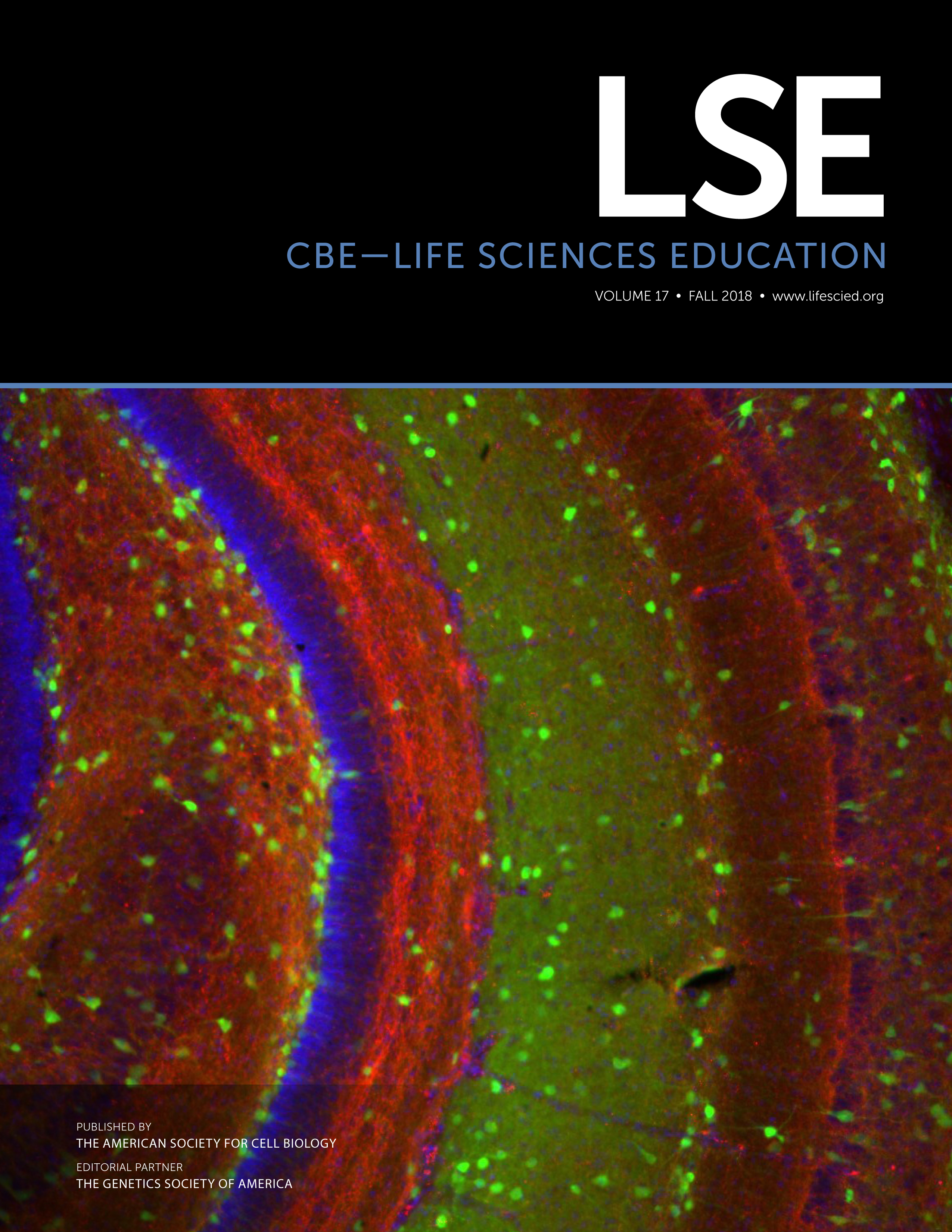Abstract
Introducing group work in college science classrooms can lead to noticeable gains in student achievement, reasoning ability, and motivation. To realize these gains, students must all contribute. Strategies like assigning roles, group contracts, anonymous peer evaluations, and peer ratings all encourage student participation. In a class using these strategies, we conducted in-depth interviews to uncover student perceptions of group work in general and the utility of these support strategies. Students in both high- and low-performance groups still complained of unequal contributions while praising the social support provided by groups. Students who scored highly on tests were more likely to recognize the benefits of group work, regardless of their groups’ overall performance levels, while lower-scoring students perceived group work as time-consuming “busy work” with little cognitive benefit. Comments from anonymous peer evaluations differed only subtly between high- and low-performance groups. Numerical ratings on these evaluations did correlate with overall group performance. However, students in lower-performance groups assigned harsh ratings to their low-scoring members, while students in higher-performance groups were more generous in their ratings for low-scoring members. We discuss implications of relying on support strategies for promoting productive group work.



